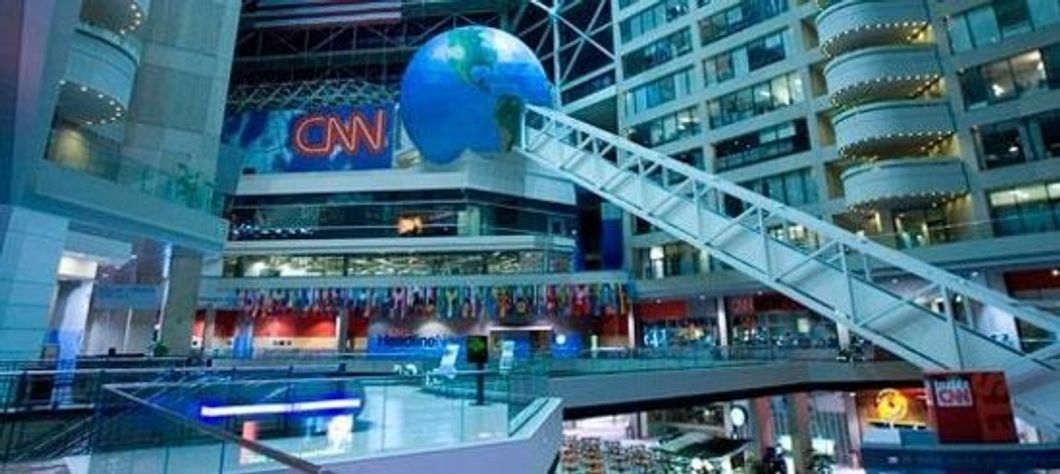In a book called "Trust Me, I'm Lying," by Ryan Holiday analyzes how often we see things online which are completely fake or just have bits of truth sprinkled throughout. When scrolling through Facebook, clicking on articles, and seeing tweets, we assume that the information we are reading is true. We may not realize that there are hundreds of fake tweets with inappropriately attributed photos, made-up facts, or claims that target certain areas of topics which are untrue. This is both alarming for the average person, who may have no idea that what they are reading or looking at is fake, and can create false narratives which bleed into reality and influence it.
In his book, Holiday emphasizes the concept of "empty seashells" or the fact that words and phrases can be twisted in today's digital media age to be meaningful, even when what they are describing is meaningless. I think that this is not only a highly accurate observation but also real in other aspects of the digital media age, beyond journalism. On sites like Instagram, Twitter, and Facebook, people can say whatever they want about anything with little to no consequences. People have no idea if someone is really happy that they chose that school to attend, all they see is a filtered picture of them wearing a t-shirt with the logo on it, an excited face, and a long caption with multiple emojis and exclamation points. Their likes may not be over 1,000, as hundreds of them could be fake accounts bought to trick people into overestimating their popularity, or their brand. The sponsored photo an influencer may have been paid to post with a caption pushing a product or service, at one point in time was indistinguishable from a real post. Only recently were influencers required to add #ad to sponsored posts.
I think that this aspect of media manipulation is, in all honesty, the worst part of the digital age. The fake becomes real and even worse, more likable than the actual real information, people, posts. When an altered truth becomes more attractive than the real truth, the average person who hasn't had the privilege to take courses such as this in a college setting is tricked. This is an Orwell-like technique, and it is all too real today. The basic concepts that we see in the real world are often muddied by online opinions which may be false. What we need to do as a society is recommit to fighting the fake and reinforcing facts. The best way to do this is to re-examine the standards of online blogs and news sources, as well as social media platforms such as Facebook, Twitter, and Instagram. This re-examination will help these online sites be sure to keep people promoting falsehoods and spreading fake facts from influencing the average media user. The difficulty that lies in this is determining which accounts and sites are fake and which are operated by honest-to-good normal people. Moreover, some of these sites and accounts may have aspects of truth and lies mixed into their posts and articles. The road to a free and fair media is a long one, and it needs to be tread upon lightly, given the obvious potential consequences.



















